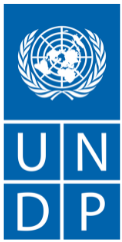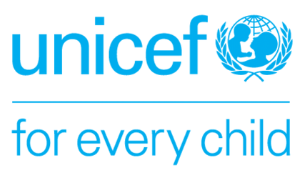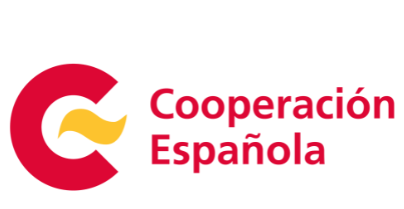Background
The Covid-19 crisis triggered profound socio-economic impacts and rapid changes across the global financing landscape. Within this context, the need for an integrated approach to financing the SDGs is greater than ever.
The Africa region has led the development and implementation of integrated national financing frameworks (INFFs), including some of the earliest comprehensive SDG financing strategies. Some countries are currently in the inception phase of their INFF, having undertaken development finance assessments (DFAs) in most cases. Other countries are already working on the design of their national financing strategies.
There is high demand in the region for sharing experiences, practical technical advice and tools. Covid-19 impacts have increased INFF relevance and increased this demand. Many governments realise that they cannot implement national development or Covid recovery plans without a coherent approach to financing.

About the workshop
In response to this need, the United Nations Economic Commission for Africa (UNECA), United Nations Development Programme (UNDP), United Nations Department of Economic and Social Affairs (UNDESA) and United Nations Institute for Training and Research (UNITAR) teamed up to create a virtual knowledge exchange and learning workshop for African countries to share experiences related to strengthening INFFs. Through the workshop, countries learned about choosing the right approach to developing SDG-aligned integrated financing strategies and establishing governance frameworks that will ultimately support the realisation of the AU Agenda 2063 and Agenda 2030.
Building on the successful experience of a pilot training held for North and Central Asian countries in January 2021 and a training workshop for the Asia-Pacific region in March 2021, the virtual workshop was delivered over three half-days. High-level country representatives from Gabon, Tanzania, Ghana, Nigeria, Uganda, Malawi, Sierra Leone, and Cabo Verde shared their experience and good practices on the implementation of INFF in their own countries at both national and local levels.
Over 600 people attended the workshop from 62 countries across the globe, including participants from governments, development cooperation agencies, private sector, universities/think tanks, CSO and UN entities. The event generated a discussion on how practical INFF experiences can contribute to some of the most imminent challenges facing the continent, including debt sustainability, illicit financial flows, economic governance, the leapfrog opportunity of the 4th Industrial Revolution and Covid-19 recovery.
Looking forward, there will be an opportunity to connect recommendations from the training sessions to the upcoming 2021 African Economic Conference under the theme of Financing Africa’s post-COVID-19 Development.
Workshop reports
- Regional training workshop on INFFs in Africa: Workshop report
- Regional training workshop on INFFs in Africa: Evaluation report
Presentations
Day 1
- Africa regional training presentation: An overview of INFF
- Africa regional training presentation: The African INFF landscape
- Africa regional training presentation: Introduction to the Integrated Planning and Reporting Toolkit (IPRT)
- Africa regional training presentation: Integrated Planning and Reporting Toolkit (IPRT) and INFF
Day 2
- Africa regional training presentation: Assessment and diagnostics
- Africa regional training presentation: The Gabon experience
- Africa regional training presentation: Financing strategy
- Africa regional training presentation: The Nigeria experience
Day 3
- Africa regional training presentation: Monitoring and review
- Africa regional training presentation: Public expenditure review in Malawi’s WASH sector
- Africa regional training presentation: Uganda’s experience in aligning the annual budget with the National Development Plan
- Africa regional training presentation: Governance and coordination
- Africa regional training presentation: A bottom-up approach in Sierra Leone
- Africa regional training presentation: Next steps















.png)


